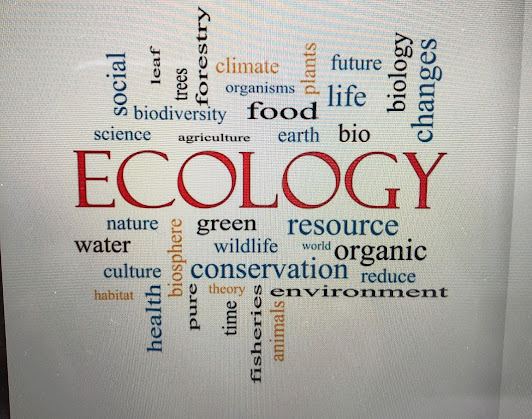As a lover of reading and writing, I had to dig deeper into the definition and meaning of 'habitat'.
What does the dictionary say?
How do we interpret the word itself and similar or opposite words?
What does it feel like?
Dictionaries and scientific sources are in broad agreement about a basic definition:
Merriam Webster says "the place or environment where a plant or animal naturally or normally grows", and National Geographic states "a habitat is a place where an organism makes its home. A habitat meets all the environmental conditions an organism needs to survive." A straw poll amongst friends and work colleagues gave similar answers.
We tend to think of habitat in quite narrow terms - where a plant or animal grows or lives - but we can think more widely than this if we understand the root of the word. We understand that habitats can be sustaining or inimical to life and organisms, and that the behaviour of organisms, even beneficial ones, changes that habitat for better or worse.
Thus, everything about our understanding of habitats is in flux, including our own occupation of our habitats, and
'Habitat' is originally from the Latin verb 'habitare', meaning to live or dwell. Following grammar rules, 'habitat' literally translates as he/she/it lives [in such and such a place]. It also stems from the Latin verb 'habere', to have or hold, so the precise meaning can be interpreted more widely than we usually imagine. These both have older roots in the Proto-Indo-Eurpoean word 'gabh-' or 'gebh-', meaning to give or receive, and spreads into other older languages to give a general sense of having, holding, possessing, offering, receiving, etc.
Possibly the first uses of the word related to one's possession of the land/space/dwelling, and over time has developed the meaning which we ascribe to it.
Merriam-webster.com. (2019). Definition of HABITAT. [online] Available at: https://www.merriam-webster.com/dictionary/habitat.
national geographic (2022). Habitat. [online] education.nationalgeographic.org. Available at: https://education.nationalgeographic.org/resource/habitat/.
www.etymonline.com. (n.d.). habitat | Etymology, origin and meaning of habitat by etymonline. [online] Available at: https://www.etymonline.com/word/habitat [Accessed 19 May 2023].


Comments
Post a Comment